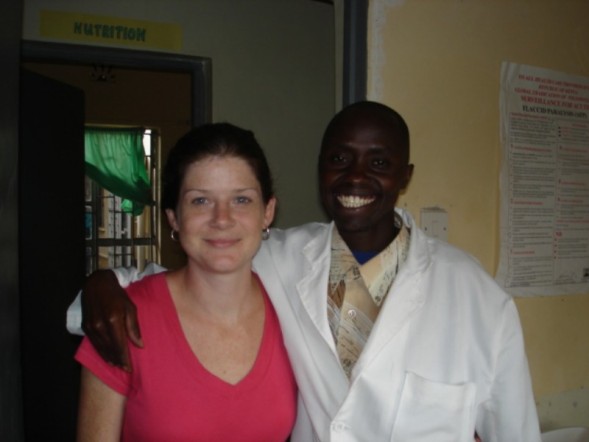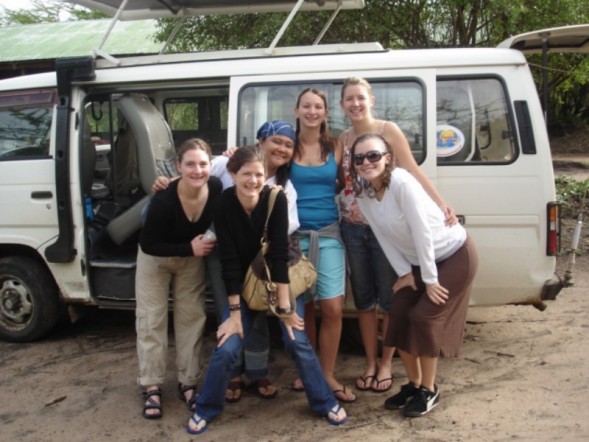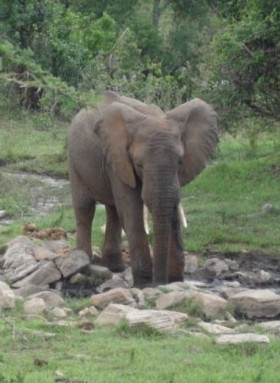Kenya Airways is making it even easier to volunteer in Kenya.
In 2018 Kenya Airways is beginning daily direct flights from Kenya to the United States after years of being blocked by U.S. authorities over security concerns. Continue Reading →
Kenya Airways is making it even easier to volunteer in Kenya.
In 2018 Kenya Airways is beginning daily direct flights from Kenya to the United States after years of being blocked by U.S. authorities over security concerns. Continue Reading →
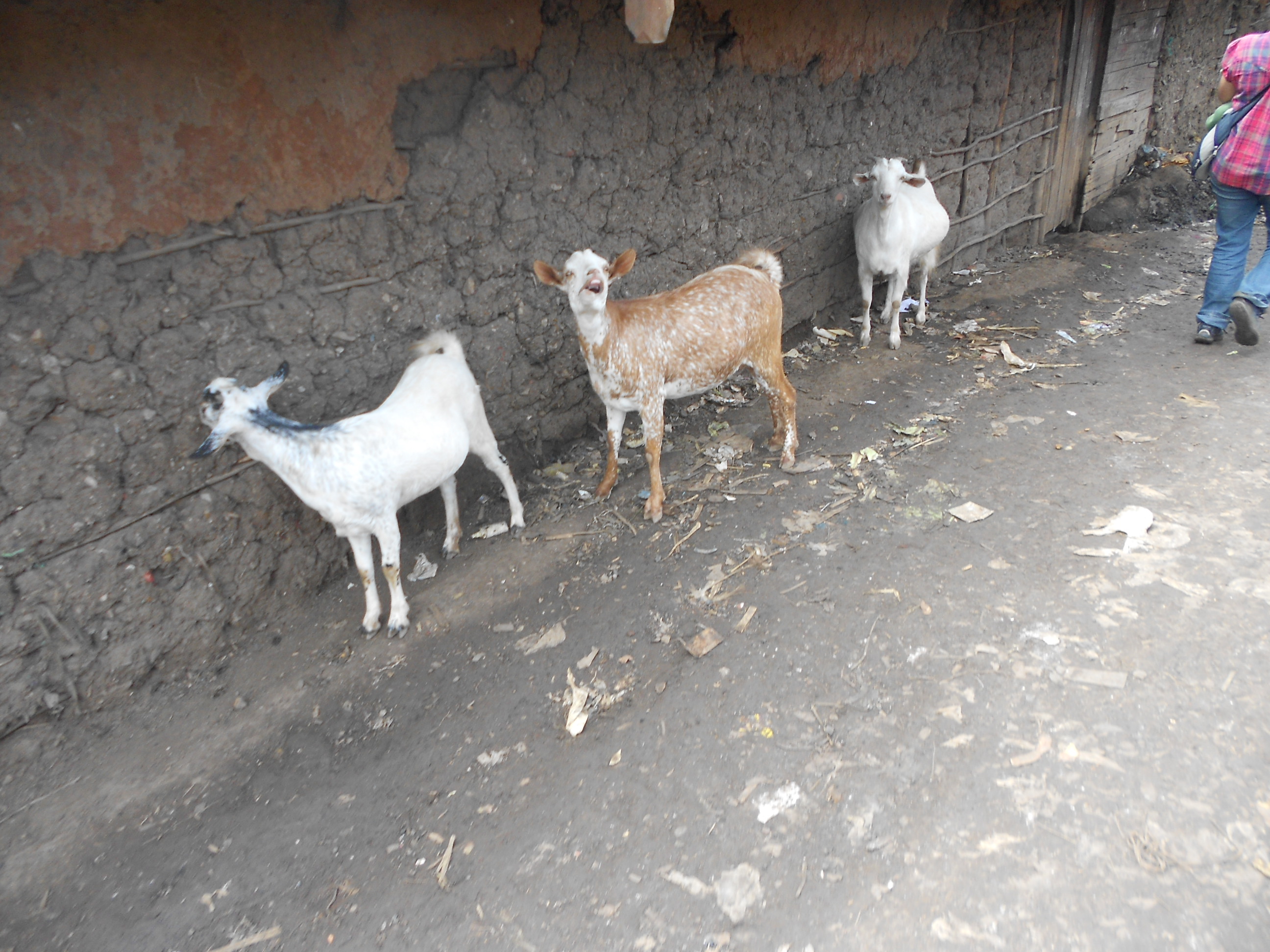
Journalist Jeffrey Gettleman wrote an article in the New York Times about his 36 hour trip to Nairobi, Kenya.
The piece appeared last December, but I liked it so much that I wanted to share it again.
Nairobi can be a bit rough for sure. One day, as I was walking one of our volunteers through the city center, someone tried lifting her cell phone from her back pocket!
Still, our volunteers have always loved living and volunteering in Nairobi. The city is vibrant, fast-paced, and filled with delicious local food and modern cafes.
In the world of volunteering in Kenya, the most “sexy” spot is the Kibera Slums.
Many films have been based in Kibera, including The Constant Gardener, The Kibera Kid, and most recently the documentary Mully just released in the US.
On one of my last walks through Kibera, I accompanied a local church minister and one of our volunteers on house visits to home-bound members of his congregation.
Here are some of the photos I took in Kibera that day:
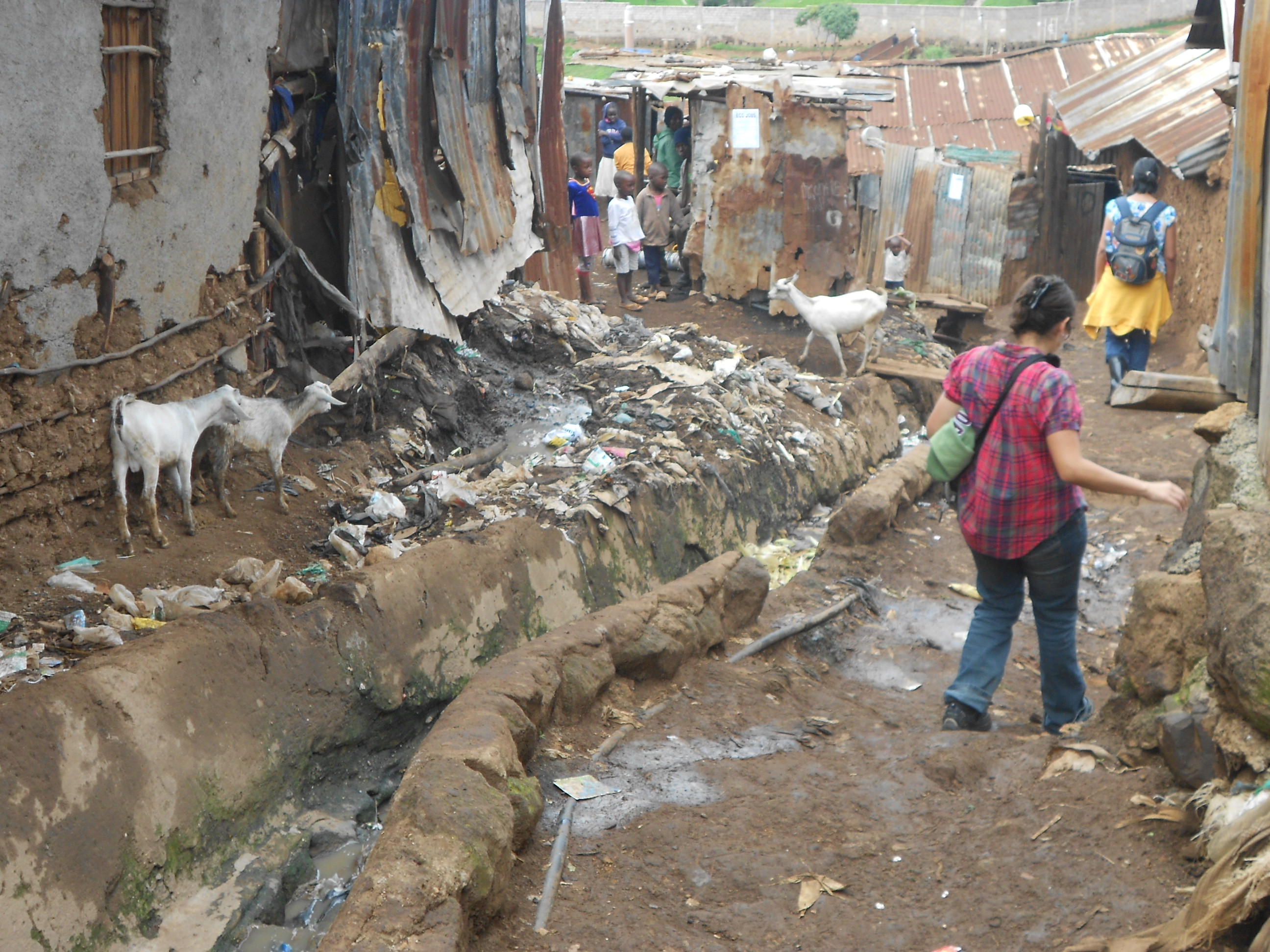
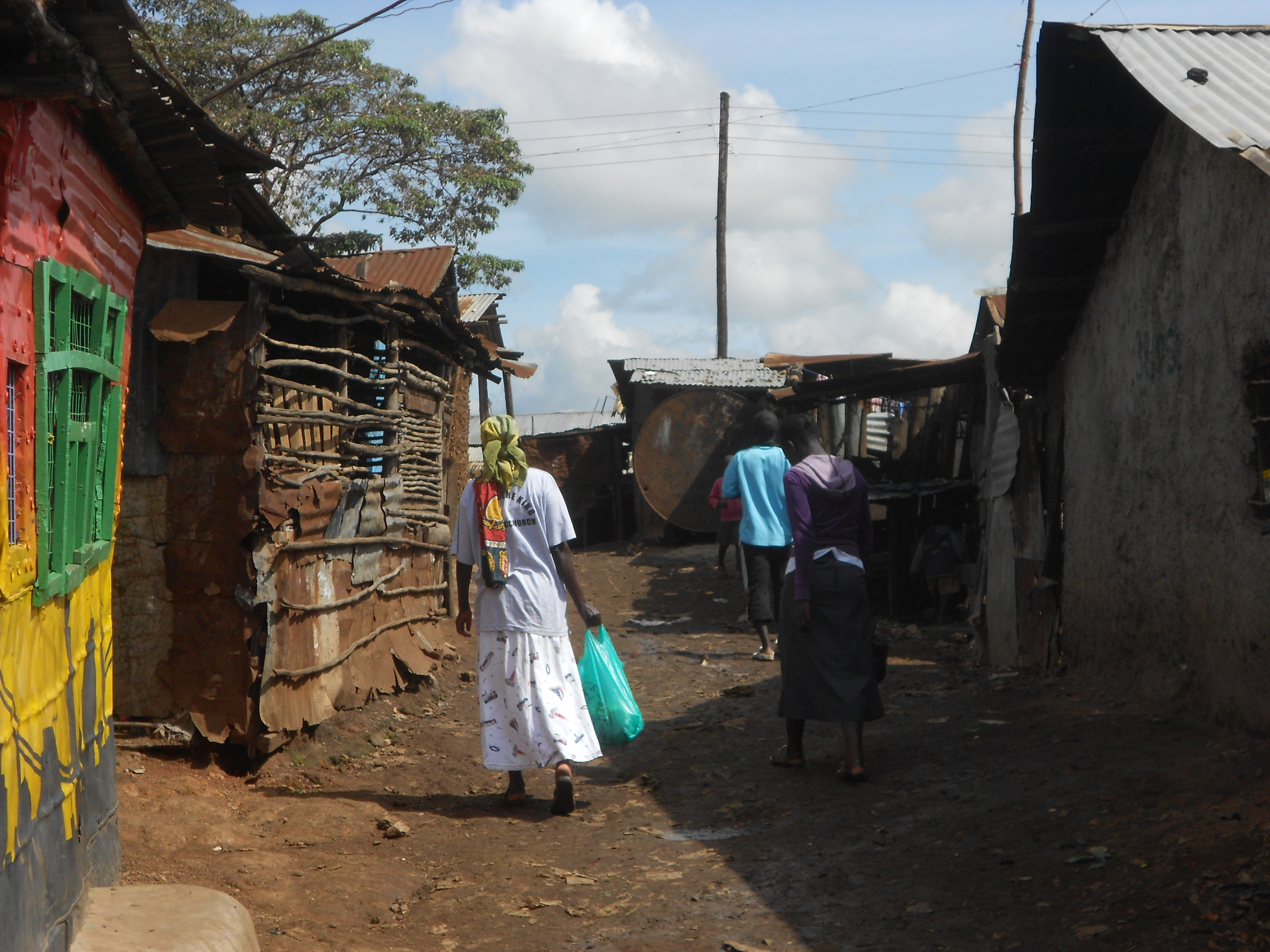
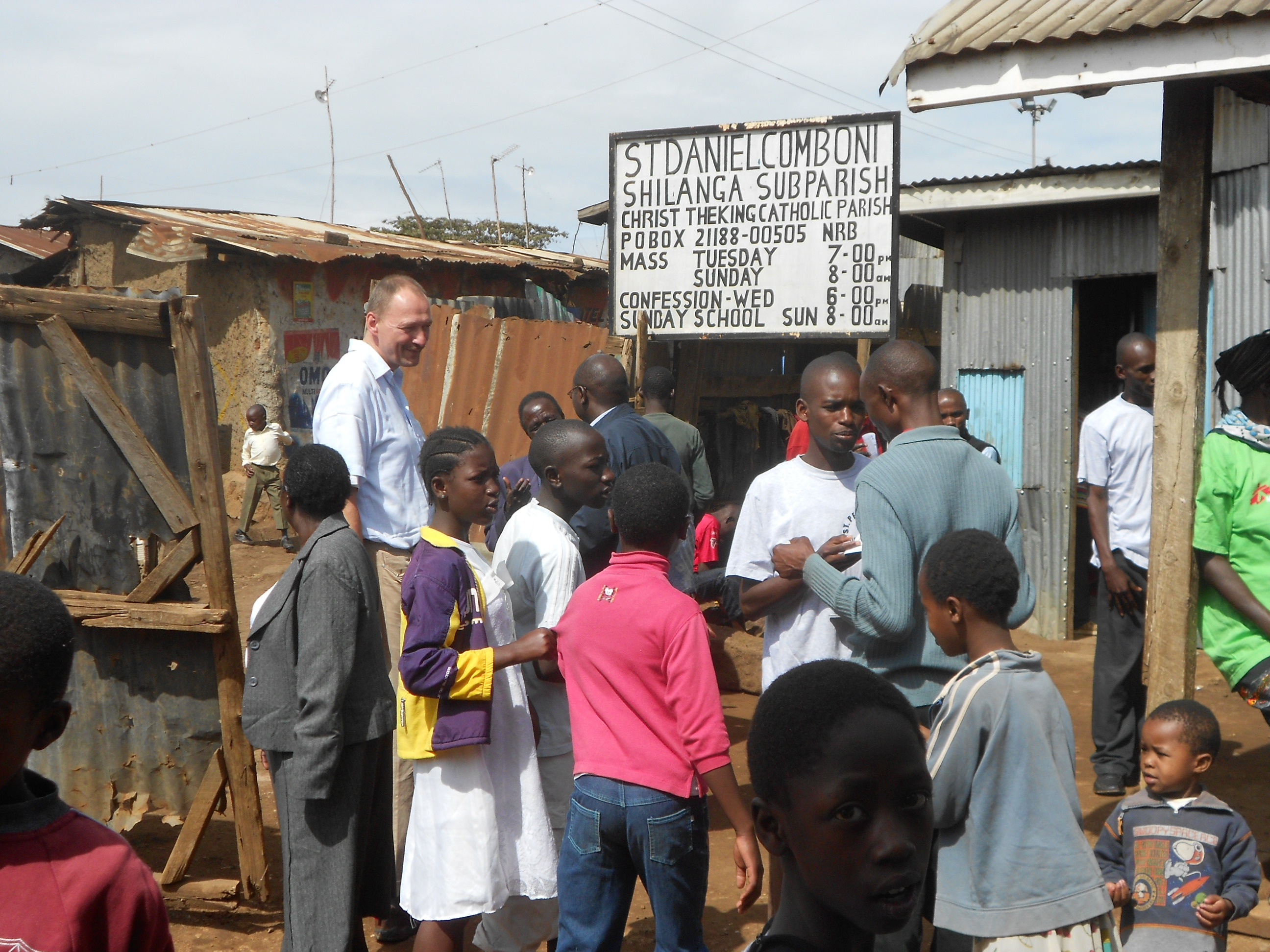
Getting back to Gettleman’s Nairobi article, here is the video that accompanied his piece:
And Gettleman’s summary of Nairobi:
Nairobi, the capital of Kenya, calls itself the City in the Sun, and a visit can be as pleasant as that sounds. Most outsiders drop in for two reasons: business and animals.
A short flight from spectacular wildlife parks such as the Maasai Mara, Nairobi has also become a magnet for some of the world’s biggest corporations trying to gain a foothold in Africa.
The city is surprisingly beautiful with flowering trees and the perfect climate: 70s and 80s, sunny, low humidity — almost every day.
It’s a palpably multicultural place, encapsulating what is happening in Africa better than any other city on the continent. Picture new construction, a lot of people, intense traffic, and more and more Western businesses.
Yet you can still feed giraffes and baby elephants from within the city limits and see Maasai warriors ordering lattes in red-checkered blankets.
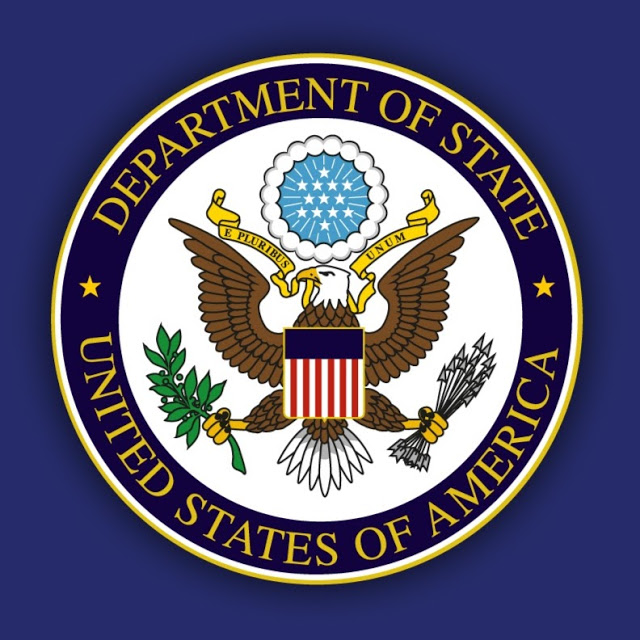
The State Department alerts U.S. citizens residing in or traveling to Kenya that Kenya’s Elections Commission has announced that new Presidential elections will be held on October 17, 2017.
This Travel Alert replaces the Travel Alert dated April 6, 2017 and expires on October 31, 2017.
Rallies, demonstrations, and protests may occur with little notice. As with all large events, there is the opportunity for criminal elements or terrorists to target participants and visitors. Even events intended to be peaceful can turn confrontational and escalate into violence. You should avoid areas of demonstrations and exercise caution if in the vicinity of any large gatherings, protests, or demonstrations.
For further information:
Kenya does not require any vaccinations for entry.
However we recommend that at least two months before departure for Kenya, you visit a travel clinic or an individual doctor specializing in travel medicine to discuss any possible vaccinations.
We follow the vaccination guidelines of the Centers For Disease Control for Kenya (CDC).
The CDC recommends:
Routine vaccines: Measles-mumps-rubella (MMR) vaccine, diphtheria-tetanus-pertussis vaccine, varicella (chickenpox) vaccine, polio vaccine, and your yearly flu shot.
Hepatitis A Hepatitis: You can get hepatitis A through contaminated food or water in Kenya, regardless of where you are eating or staying.
Typhoid: You can get typhoid through contaminated food or water in Kenya. CDC recommends this vaccine for most travelers, especially if you are staying with friends or relatives, visiting smaller cities or rural areas, or if you are an adventurous eater.
Malaria
Malaria is present in some of our volunteering locations including Kenya. Read about how to prevent and treat malaria.
Zika
Zika is a risk in Kenya. Because Zika infection in a pregnant woman can cause serious birth defects, women who are pregnant should not travel to Kenya. All travelers should strictly follow steps to prevent mosquito bites and sexual exposure to Zika virus during and after the trip. For more information, see Zika Virus.
One of our volunteers visited Philadelphia last week to say hi after his recent trip to Kenya.
Ben McCaskill, a nurse from Australia, volunteered at two medical clinics in Kenya for four months earlier this year. He’s been in the US for a tour before heading back home to Australia, and he took me up on my offer to visit Philadelphia!
Here are some photos from his trip to Philadelphia (and Kenya too):
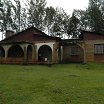
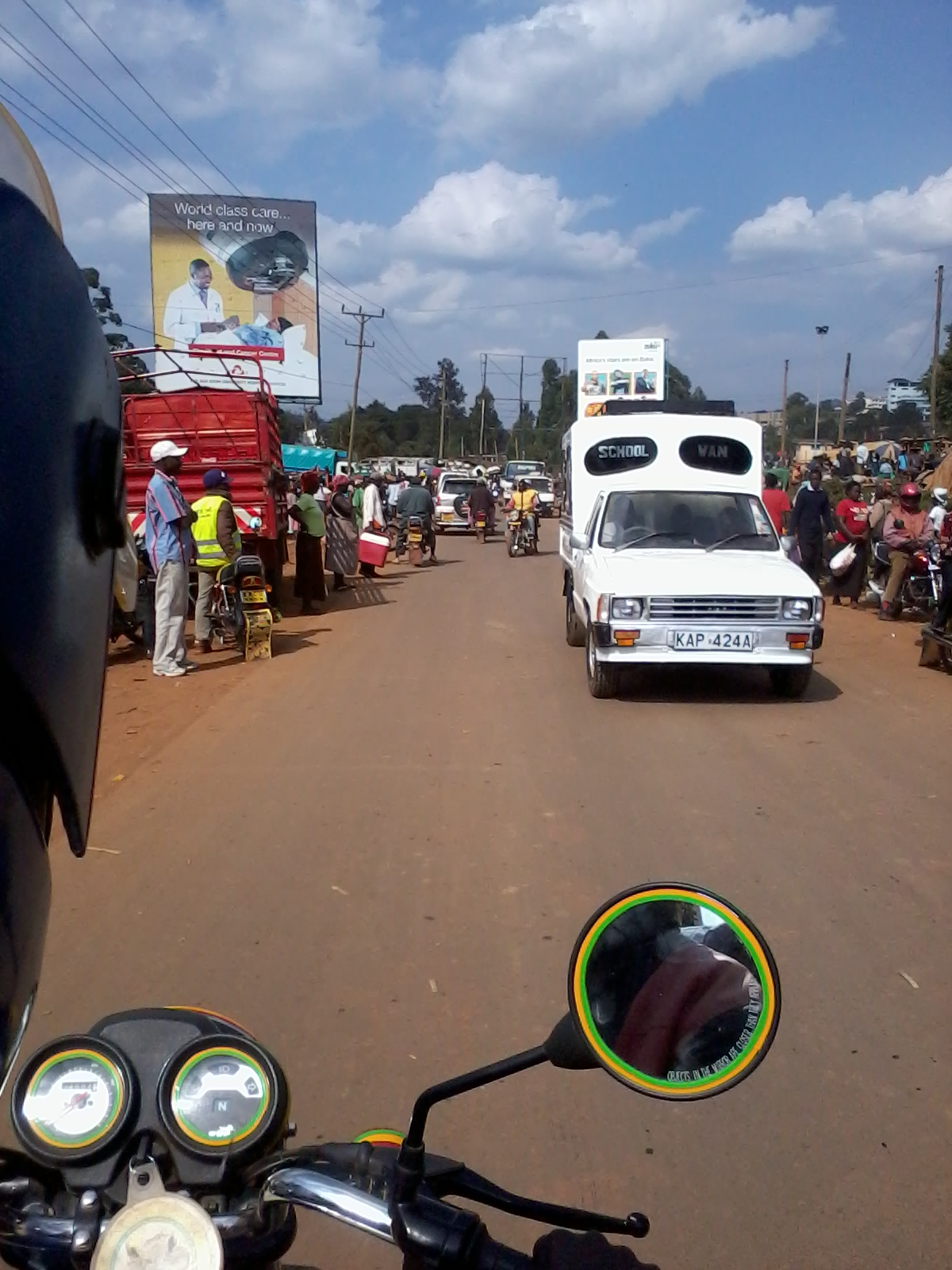

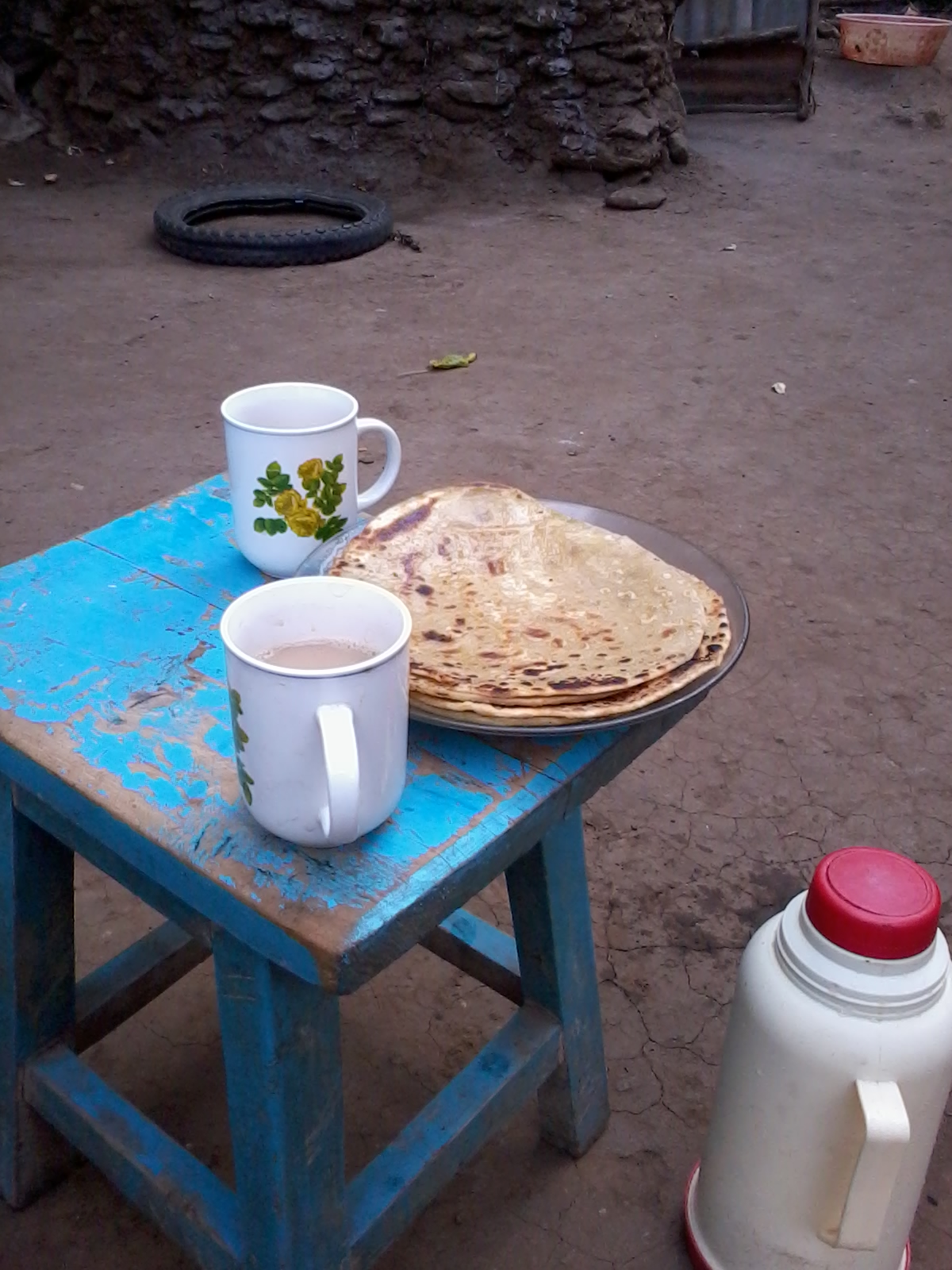

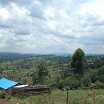
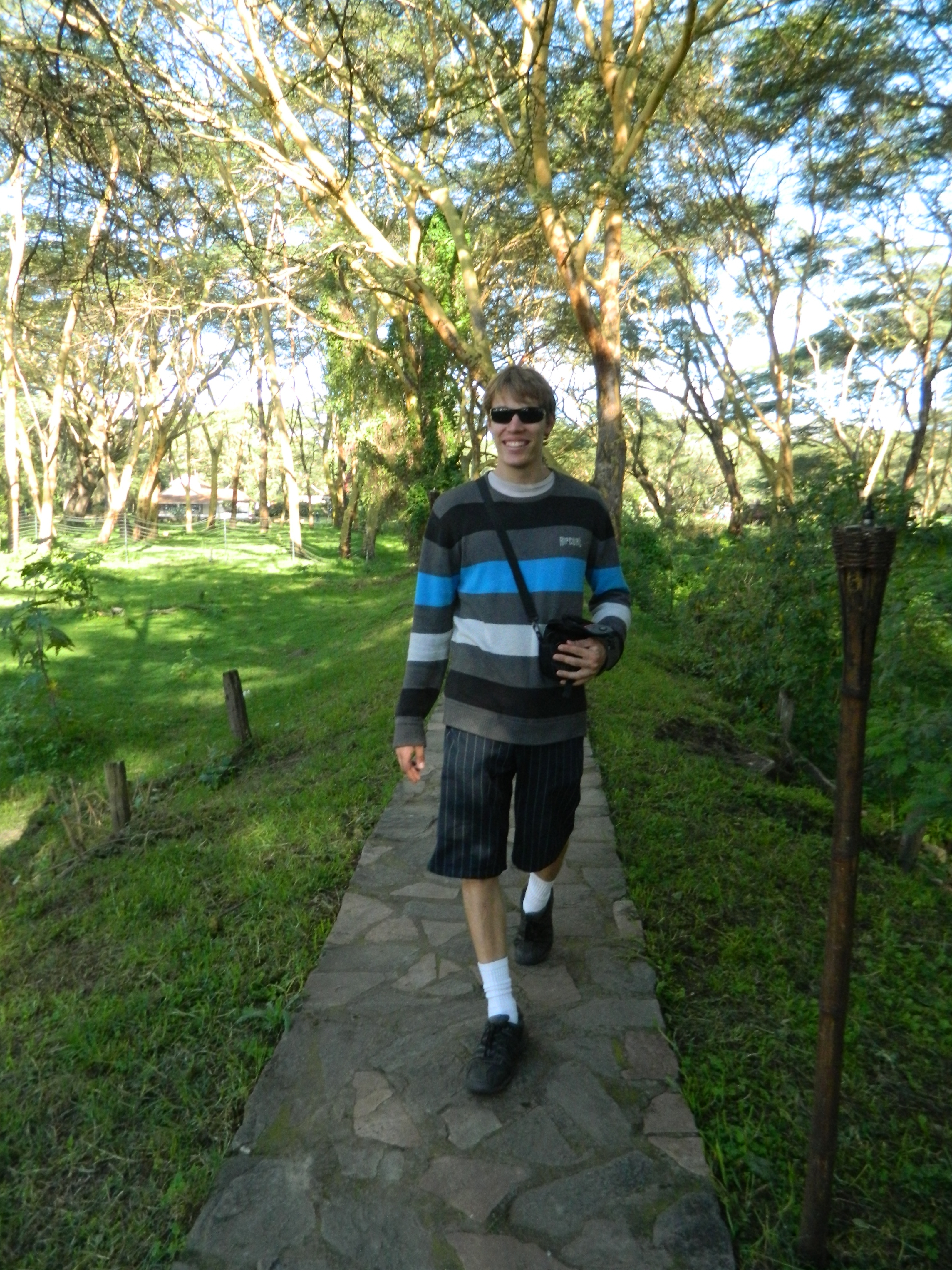





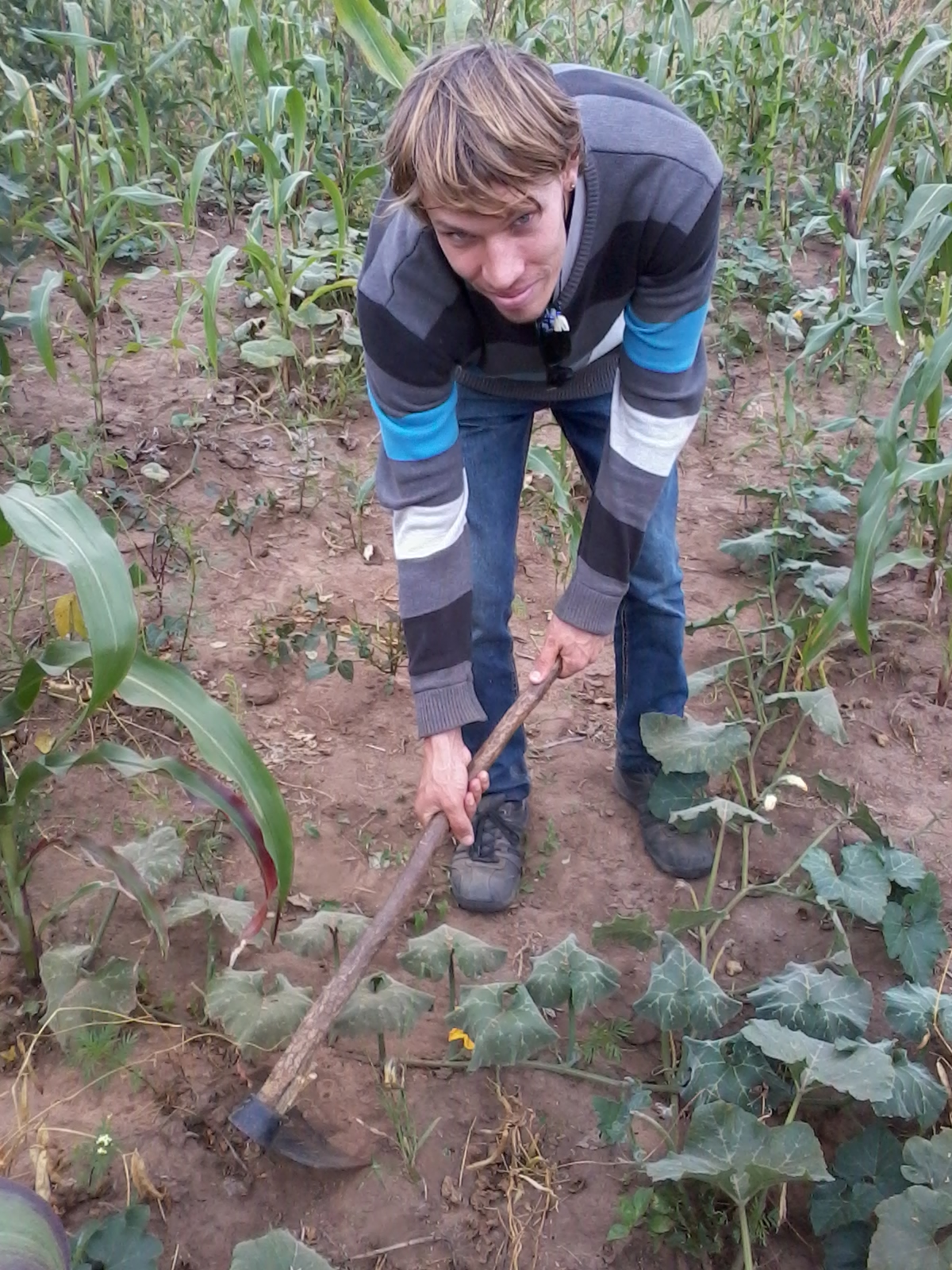

An article in today’s Sydney Morning Herald talks about the growing phenomenon of “slum tourism,” with the Kibera section of Nairobi, Kenya being one of the most popular “destinations”. What do the residents of Kibera think? Not much, apparently.
“These see us like puppets, they want to come and take pictures, have a little walk, tell their friends they’ve been to the worst slum in Africa,” says car-wash worker David Kabala. “But nothing changes for us. If someone comes, let him do something for us. Or if they really want to know how we think and feel, come and spend a night, or walk round when it’s pouring with rain here and the paths are like rivers.”
Our volunteers know what it’s like. They’ve helped out at numerous medical clinics and social work organizations in Kibera since we started programs there almost two years ago. And they live right in Kibera, with locals like David as their neighbor, often forging friendships that last well after the volunteers return to their home countries.
Anna Ford recently spent three weeks working in our program health care internship Kenya.
She volunteered at a medical clinic in the Kibera section of Nairobi.
The photos of Kibera really give you an idea of the environmental challenges faced by volunteers doing our health care internship Kenya program. The neighborhoods are usually very poor with trash and lack of infrastructure.
Anna’s volunteer program in Kenya was a break from her normal job as an emergency room nurse in New York City.
